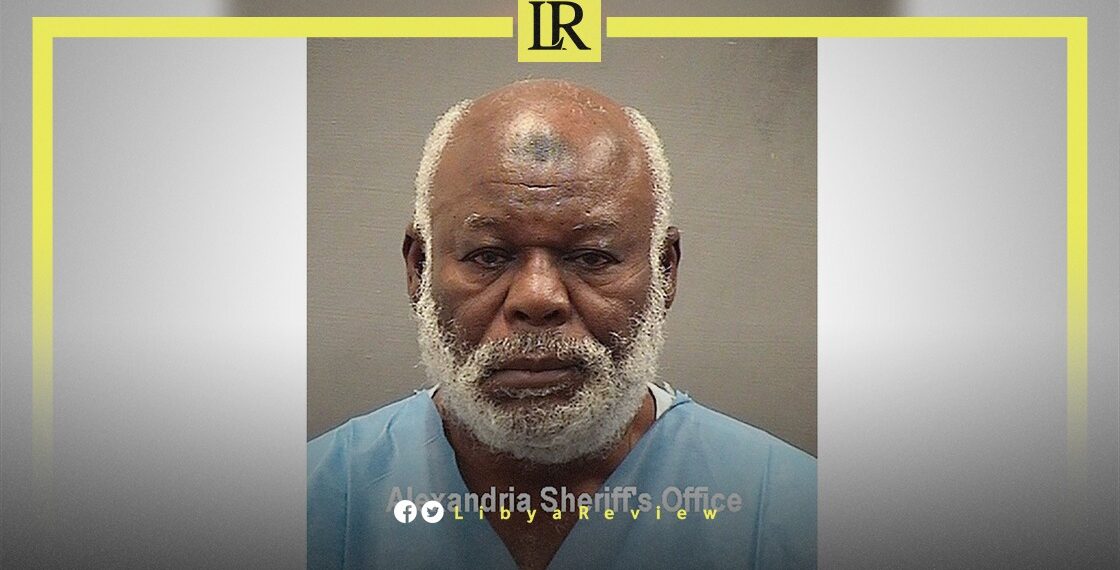Masoud’s lawyer, Mohamed bin Dardaf, said the move comes in response to what he described as the “illegal kidnapping” of his client from his Tripoli home in November 2022, before his handover to the United States. Bin Dardaf insisted the transfer amounted to enforced disappearance under international law and violated Libya’s sovereignty, since the extradition was carried out unilaterally without parliamentary or judicial approval.
The defense team alleges that Masoud has been subjected to severe psychological and physical pressure in U.S. custody, including solitary confinement, aimed at forcing confessions. Bin Dardaf stressed that such testimony is “invalid” and warned that his client is being denied a fair trial.
Masoud was abducted from his Tripoli home in November 2022 by armed men before the Tripoli-based Government of National Unity (GNU) announced his handover to Washington.
Libya’s Attorney General later said he was not informed of the transfer, fueling controversy over its legality.
Reports by the BBC and other outlets reveal that Masoud had previously been coerced into making written confessions in 2012 under threats to his family while secretly detained following the fall of Muammar Gaddafi.
His Libyan lawyers argue these confessions were made under duress and cannot stand in court.
He claimed Libyan authorities have “abandoned” the case, possibly under American pressure, leaving Masoud’s family without the resources to hire a US defense team.
The family described feeling “desperate and abandoned,” accusing Libyan officials of silence as their father is “unjustly tried far from home.”


